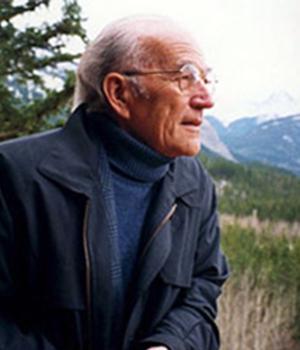Not in stock

Gerhard Krapf
Gerhard Krapf (1924–2008) was born in Meissenheim, Germany. After years of piano and organ study, he was drafted into the German army in 1942, wounded six times in the course of military service, and did not know the war had ended when he was captured by the Russians on May 10, 1945. Years of hard labor followed, and during this period of mental and physical agony, Krapf began composing. Music paper was unavailable and even regular paper was in short supply, so he wrote his compositions on cement bags. After his release, he completed music degrees in Germany and immigrated to the United States in 1953 for further study. Krapf served as professor of organ (founding the department) at the University of Iowa from 1962 to 1977 and at the University of Alberta from 1977 to 1987. Krapf's compositional output consists primarily of organ music and is distinguished by an unquestionably superb command of traditional technique, allied to an ear for engaging sonorities.
Like other European-born organ composers active in America during the mid-twentieth century, Krapf composed music in a style that blended past and present, taking particular advantage of the clarity of speech and color of the neo-baroque mechanical organs being built in those years. (Under his leadership, University of Iowa became the first American state university to obtain a mechanical action instrument.) Unlike many of his colleagues, Krapf's musical language drew not only on baroque elements (and especially the influence of J.S. Bach), but also on the particular modalities and sounds of medieval and Renaissance music. Most of Krapf's organ works were commissioned by music publishers and based on familiar hymn tunes. In his non-hymn-based compositions, Krapf almost always chose biblical texts as inspiration. He wrote out of a deeply heartfelt religious devotion and a strong belief in the importance of serious music in divine worship.
